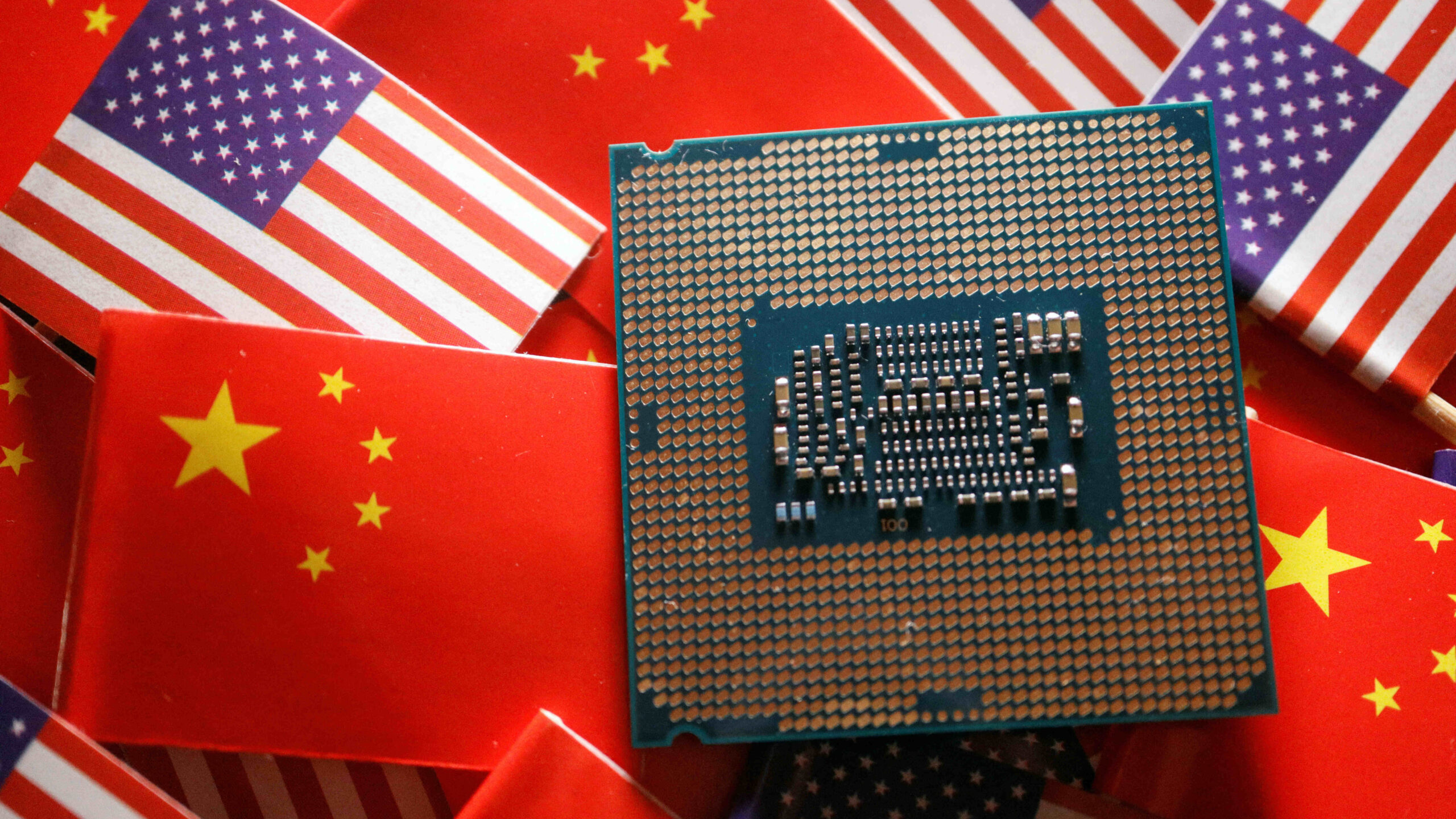
The United States is set to implement its third major crackdown on China’s semiconductor industry in as many years, introducing a new package of export restrictions on Monday. This move will target 140 companies, including prominent Chinese chip equipment manufacturers like Naura Technology Group, Piotech, and SiCarrier Technology. The restrictions aim to limit Beijing’s access to advanced chipmaking tools, memory chips, and high-end AI-enabling technologies.
The initiative, described as one of the Biden administration’s final large-scale measures before the transition to a new administration, seeks to stymie China’s progress in chipmaking capabilities, particularly in areas that could bolster military advancements or threaten U.S. national security. The package comes shortly before former President Donald Trump returns to office, with expectations that his administration will maintain a similar stance on China.
Key Details of the Restrictions
The new rules introduce curbs on shipments of High Bandwidth Memory (HBM) chips, a critical component for AI applications, and impose stricter controls on 24 additional chipmaking tools and three software tools. These measures also expand restrictions to chipmaking equipment originating from countries like Singapore and Malaysia. U.S. equipment giants Lam Research, KLA, and Applied Materials are expected to feel the impact, alongside Dutch firm ASM International.
For the first time, the entity list, which requires U.S. suppliers to obtain special licenses for trade, will include Chinese private equity firm Wise Road Capital and tech company Wingtech Technology. Over 100 Chinese chip toolmakers, two investment firms, and nearly two dozen semiconductor companies, including those linked to Huawei Technologies, are also among those targeted.
Foreign Implications and Exemptions
The new package broadens the foreign direct product rule, enabling the U.S. to control exports of equipment with any U.S. content to certain Chinese chip plants, regardless of where the equipment is manufactured. This policy impacts equipment made in Malaysia, Singapore, Taiwan, South Korea, and Israel but exempts manufacturers in the Netherlands and Japan, which dominate advanced chip equipment production.
Additionally, the package includes measures to limit the export of memory technologies like HBM2 chips, primarily affecting South Korean companies Samsung and SK Hynix and U.S.-based Micron. Samsung is anticipated to bear the brunt of these restrictions.
Strategic Context and Industry Response
This initiative follows earlier restrictions imposed in October 2022, which significantly curtailed China’s access to high-end chips and tools. While these measures are part of a broader effort to curb China’s technological ambitions, they also reflect the challenges of balancing national security with the global semiconductor supply chain.
China has made strides toward self-sufficiency in the semiconductor industry but remains behind global leaders like Nvidia in AI chip development and ASML in advanced chipmaking tools. The latest U.S. actions underscore the intensifying geopolitical battle over control of the semiconductor industry, a critical component of modern technology.
Featured image courtesy of Nikkei Asia
Follow us for more tech news updates.
